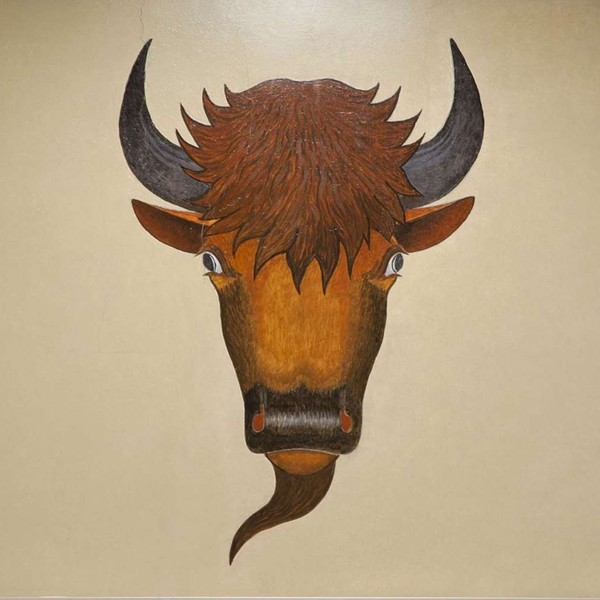In late June, 2009, peacekeepers of MONUC’s India Battalion One (INDBAT One) arrived in Kibua, only to find a remaining local civilian population of approximately 2,000 civilians. “When we started foot patrols in the area, we met villagers along the road who told us they were afraid to go to Kibua’s market,” said company commander Major Dev Panwar, who described Kibua as a virtual ghost town. “They had been attacked, looted, and raped by negative armed forces while making the trip between Ishunga and Kibua”—a distance of approximately 10 miles. “That was when I had the idea to offer an escort. At first we accompanied two people to the market. The next week it was 10, then 50. At first, we had no vehicles, so we did the patrol on foot. Now we escort approximately 2,500 people each Friday, and then escort them back on Saturday.”
Trekking to Market
On Friday mornings, a MONUC peacekeeping convoy drives through the mist along the rough mountain road cut through primeval forest, to the outskirts of Ishunga, where thousand of civilians have been assembled since dawn. There’s a buzz in the crowd—everyone’s eager to start the trip to Kibua and the Saturday market. At approximately 10 am, Major Panwar coordinates with his men via radio and the 10-mile exodus begins.
The civilians are eager to get to Kibua, but stay in tight groups out of habit—they’re afraid of getting too spread out. FDLR and politically unaffiliated Mai Mai militias live and operate in the nearby bush. If the civilians get separated, they run the risk of being robbed, raped and/or killed. As midday comes, the sun is high and hard. Old women and children bend to loads larger than themselves. I’ve made part of the hike with them and already feel the beginnings of heatstroke. Generally fit for my age, I find myself winded. The older women with giant loads on their backs keep the pace up and the group assembles at a halfway water point—a small waterfall that tumbles to the roadside from high up the mountain. After 30 minutes of rest the group bunches again ready to finish the march. This time the peacekeepers need to hold the group together—they’ve passed the most dangerous stretch and everyone’s eager to get to Kibua first.
The Indian soldiers walk with the civilians, herding them along, keeping the pace steady. By late afternoon, the group reaches the outskirts of Kibua and starts to disperse and filter off into huts and small settlements for the night. Tomorrow’s market will bring them much-needed supplies and income. A monstrous downpour rolls in and small oil lamps flicker throughout the village as the equatorial night quickly falls. Peacekeepers in watchtowers on the perimeter of the MONUC camp stand vigil as DRC’s heavy tropical darkness folds around Kibua.
The Peacekeeping Life
The Indian peacekeepers are as cut off from the world as the civilians they’re mandated to protect. The terrain makes communications impossible. The company commander makes daily reports to Goma via satellite phone from a tight spot within the camp. They survive on a weekly helicopter delivery of necessities from the city; by the end of the week, food supplies are low and morale wanes. Nonetheless, I’m treated to real Indian hospitality, and in the first days of this trip enjoy meals equal to any offered in Delhi’s finer restaurants. The young peacekeepers are excited to have company. Many of them are on their first and only deployment (India has a standing army of over three million), and for these men this is a once-in-a-lifetime opportunity to travel and receive extra pay—twice what they make at home.
The officers entertain me in the evenings and a few of the younger enlisted men are allowed to join in—one plays guitar and sings songs from home. During a walk through the heavy rain to my quarters—a “room” in the nearby Red Cross field hospital—I slip in the mud and split my shin open to the bone. I limp back to the camp, where the medic happily puts a couple of rough stitches in—without the aid of anesthetic.
The men of INDBATT One, North Kivu Brigade, are disciplined. In addition to their weekly market escort, days are spent exercising, drilling, and cleaning their weapons. Part of their daily calisthenics routine entails a yoga technique in which the entire company releases an uproarious belly laugh intended to relieve stress. Younger enlisted men in white shorts stand at attention, bearing stainless steel trays with drinking water or coffee. Each officer has a “buddy”—something like a squire or personal assistant. The contrast between this Somerset Maugham-esque setting in their camp and the oil lamp-lit Congo just outside is as incongruous as it is surreal.
















